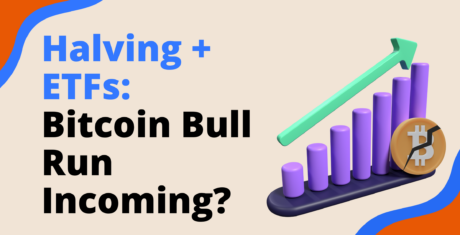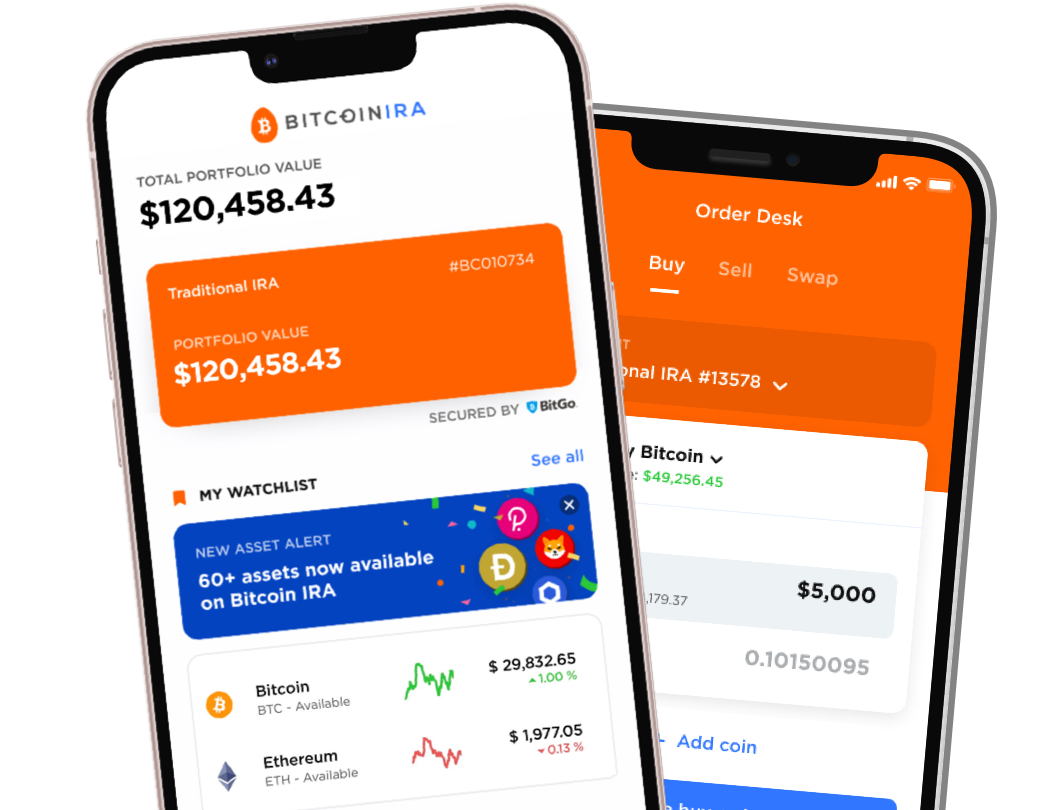Bitcoin exchanges have been plagued by the problem of Commercial banks sometimes denying transfers affecting their functioning. Most of the times, the banks back up their actions by citing that with Bitcoin’s stature still being unregulated, they don’t want to get involved in anything that might turn out to be illegal. Most of the Bitcoin exchanges have great KYC and AML frameworks that allow them to put in the guardrails that prevent their customers from engaging in illicit activities. The question is are the banks really fearing regulation to put an end to transactions related to Bitcoin? Or is just an excuse to hamper the growth of the cryptocurrency that might outplay the banks. Whatever the case might be, the issue has escalated and is taking a toll on traditional Bitcoin exchanges. Let’s delve deeper into the dynamics of the problem and its effects:
Bitfinex’s lawsuit and the implications:
Bitfinex initially took Wells Fargo to the court for having reversed US Dollar cash deposits designated to their customer accounts coming from the exchange. The legal basis for the lawsuit lies in the fact that Bitfinex works with Taiwanese banks, including a bank called ‘Taishin’. Tashin is responsible for relaying the transfers to US customers using Wells Fargo, among others. Wells Fargo recently sent a letter to the Taiwanese bank informing them that they would no longer be accepting the deposits from these accounts until “further due diligence” was obtained.
However a week later Bitfinex withdrew the lawsuit as experts believed there was not enough legal standing for the case. However, they followed up with an announcement which announced that they would be banning withdrawals indefinitely.
Other Exchanges report the same issue:
A couple of days later major Bitcoin exchanges like BTCe and Okcoin reported the same issue. The bitcoin exchange Btc-e has announced on Twitter that it is not accepting U.S. dollar wire transfers until the end of the month. This has been attributed to a bank account problem. Following this Okcoin has also suspended US dollar deposits have been suspended because of issues with intermediary banks. The exchange has also gone on to warn the customers against making any deposits as they might be rejected. The announcement cited that the deposits will resume as the exchange find alternatives for the complication.
Third party banks de-risking or putting up a fight with Bitcoin?
Intermediary banks like Wells Fargo are known as third party banks that are responsible for these transfers. They support international transactions and transaction settlements. Since Bitcoin businesses don’t have a defined regulation, what these major banks are doing can put them in a position of risk. Hence what they are doing can be defined as ‘de-risking’ to avoid any possible legal issues. However, this might also turn out to be a move to hamper Bitcoin’s growth and its growing reputation. How exchanges will circumvent the challenges to operating smoothly again is to be seen.







 3,500+ 5-Star Reviews
3,500+ 5-Star Reviews